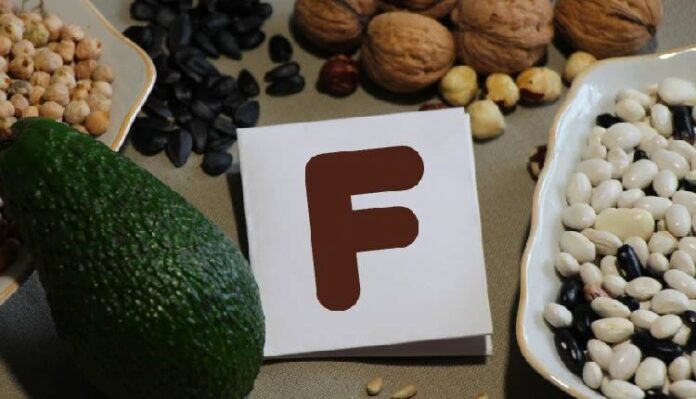Introduction
You may have heard of the term “Vitamin F” but what does it actually mean?
Vitamin F is a type of nutrient that is essential for human health but cannot be produced by the body. Instead, we must get Vitamin F from our diet or supplements. Vitamin F is actually a group of two nutrients: linoleic acid and alpha-linolenic acid. These nutrients are considered “essential” because they are necessary for human health and development.
Although Vitamin F is considered to be a “single” vitamin, it is actually made up of two essential nutrients: linoleic acid and alpha-linolenic acid. Linoleic acid is found in vegetable oils, such as corn oil, soybean oil, and safflower oil. Alpha-linolenic acid is found in green leafy vegetables, flaxseeds, and chia seeds. Both of these nutrients are important for maintaining healthy skin and hair, reducing inflammation, and aiding in cell growth and reproduction.
Functions of Vitamin F
Vitamin F is important for maintaining healthy skin and hair, reducing inflammation, and aiding in cell growth and reproduction. Here are some specific ways in which Vitamin F can support your health:
Skin Health: Vitamin F is necessary for the production of ceramides, which are fatty compounds that help to keep the skin stay hydrated and moist. Ceramides also help to repair the skin barrier and protect against environmental damage. In addition, linoleic acid has been shown to reduce acne breakouts by reducing sebum production.
Hair Health: Like skin, the hair also needs ceramides to stay hydrated and healthy. Linoleic acid has been shown to improve hair thickness and reduce hair loss.
Reduce Inflammation: Both linoleic acid and alpha-linolenic acid have anti-inflammatory properties that can help to reduce swelling and pain associated with inflammatory conditions such as arthritis.
Cell Growth and Reproduction: Linoleic acid is necessary for the production of Prostaglandin E2 (PGE2), which aids in cell growth and reproduction. PGE2 also helps to regulate various processes in the body such as inflammation, blood pressure, and hormone levels.
Conclusion:
Vitamin F is an essential nutrient that offers many health benefits. Unfortunately, the body cannot produce Vitamin F on its own so it’s important to get enough from your diet or supplements. Good sources of Vitamin F include vegetable oils, green leafy vegetables, flaxseeds, and chia seeds. Include these foods in your diet or take a supplement to ensure you’re getting enough Vitamin F for optimal health!


